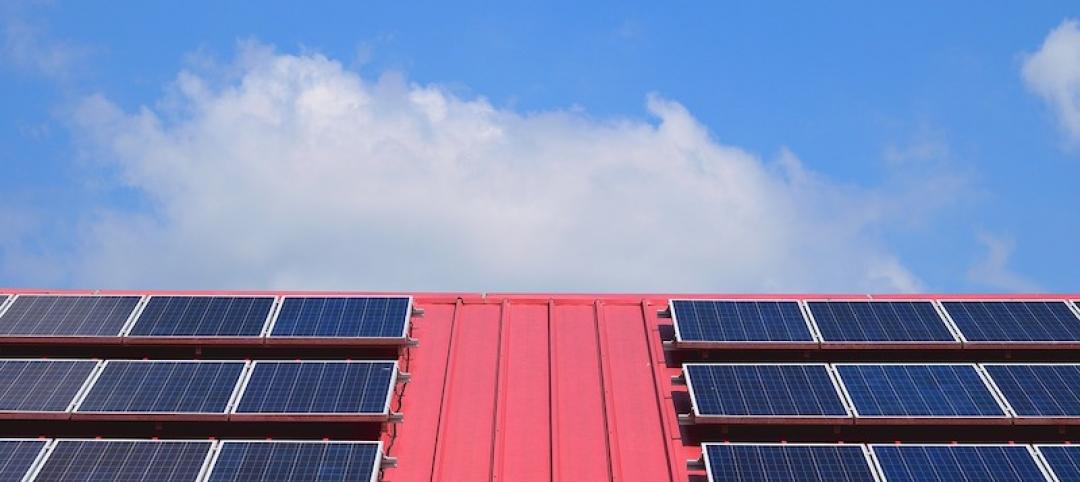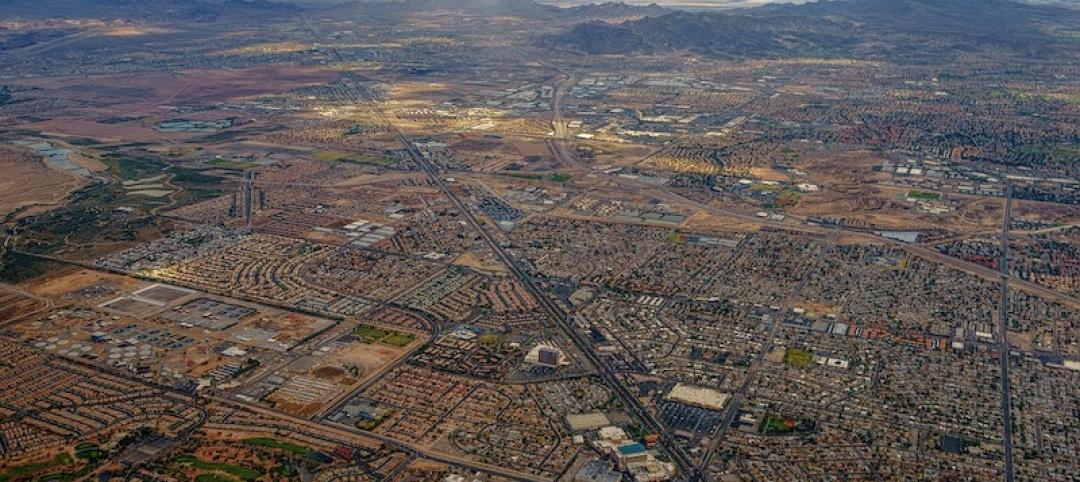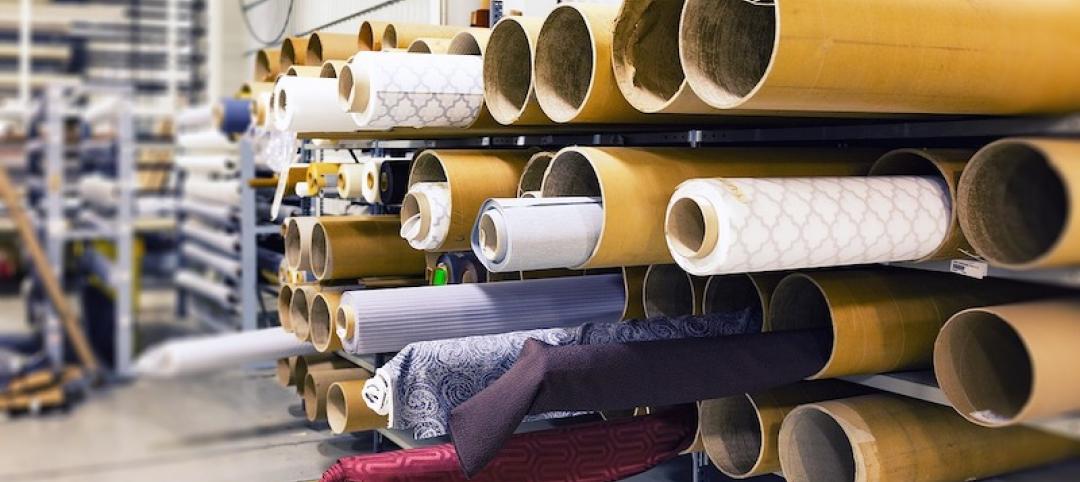Commonly used climate models may be significantly underestimating the risk of floods this century, according to a new study by Yale researchers.
Accurately pinpointing the magnitude and frequency of extreme rainfall hinges not only on tracking rainfall, but also on the way researchers model climate change, the study says. Previous studies averaged all the available climate models in order to figure out how much rain the planet will get in coming decades, but the Yale researchers only used the group of models that predict that climate change will result in an increase in precipitation efficiency—how much of a falling raindrop reevaporates into the atmosphere before it hits Earth’s surface.
They excluded models that forecast a decrease, since scientific observations over the past two decades indicate that climate change is yielding an increase in precipitation efficiency. The results show that it is possible that there will be as much as a twofold increase in the volume of extreme rainfall in the 21st century compared to what previous studies estimated.
Lawmakers could help prepare for extreme rainfall via fund initiatives that harden home infrastructure, such as rooftops, and improve drainage systems.
Related Stories
Codes and Standards | Mar 22, 2021
Think tank offers plan for new approach to reduce neighborhood poverty
Strategy uses more targeted approach to invest in low-income areas.
Codes and Standards | Mar 19, 2021
California city bans construction of new gas stations
Existing stations will not be allowed to add more pumps.
Codes and Standards | Mar 18, 2021
Congressmen ask Biden to tackle rising lumber costs
Rising materials costs and supply shortages threaten economic recovery, housing starts.
Codes and Standards | Mar 16, 2021
Massachusetts bill would mandate rooftop solar on new homes, commercial buildings
Proposed Bay State mandate modeled on California’s.
Codes and Standards | Mar 15, 2021
Nevada may create areas for tech companies to form own governments
Legislation calls for ‘Innovation Zones’ that could become smart cities.
Codes and Standards | Mar 11, 2021
Los Angeles commits to carbon-free city buildings
City will take into account embedded carbon when contracting to buy construction products.
Codes and Standards | Mar 10, 2021
‘Smart retrofitting’ will be crucial to net zero aspirations
AI, analytical software, Internet of Things are keys to decarbonization of built environment.
Codes and Standards | Mar 9, 2021
Salt Lake City is first jurisdiction to adopt new standards for off-site construction
Code Council and Modular Building Institute developing standards and compliance protocols.
Codes and Standards | Mar 8, 2021
Hyperlocal zoning could spur more affordable housing construction
Letting blocks and streets pass their own rules could have impact.
Codes and Standards | Mar 5, 2021
Biden builds on Trump’s “Buy American” order
New administration extends preferences for domestic construction materials.

















